Acute and chronic urinary retention
Urinary retention is a pathological condition characterized by incomplete emptying of the bladder and intermittent urination. Most often, it occurs against the background of other inflammatory diseases of the genitourinary organs. Urinary retention is called ischuria. Depending on the form of the disease, treatment can be medicinal or surgical.
You can determine the cause of urinary retention and get rid of the unpleasant symptom in the multidisciplinary medical center "K + 31". Qualified doctors successfully perform urological operations on new generation equipment, due to which the patient recovers faster, and the risk of complications is minimized.

specialists

equipment

treatment
No Urge to Urinate: Causes of Pathology
Urinary retention in men occurs with adenoma, prostatitis and prostate cancer. There is also no urine with neurological disorders, such as multiple sclerosis, after a stroke.
Acute urinary retention in women can be observed after childbirth, with hypothermia of the genitourinary system, diabetes mellitus, genital herpes. Often, the pathological process is caused by uterine fibroids, which, as they grow, compress the bladder or urethra.
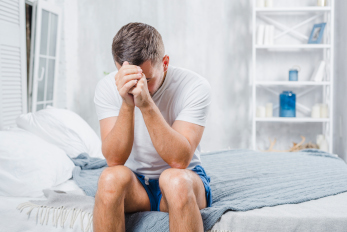
Urinary retention may occur due to the following reasons:
- Diseases of the central nervous system
- Urolithiasis
- Excessive consumption of strong alcoholic drinks
- Severe stress
- Drug use
- Diseases of the rectum
- Pelvic organ prolapse
- Brain and spinal cord injuries
- Benign and malignant neoplasms in the genitourinary organs
- Long-term use of antibiotics, antihistamines, antidepressants
Symptoms of ischuria
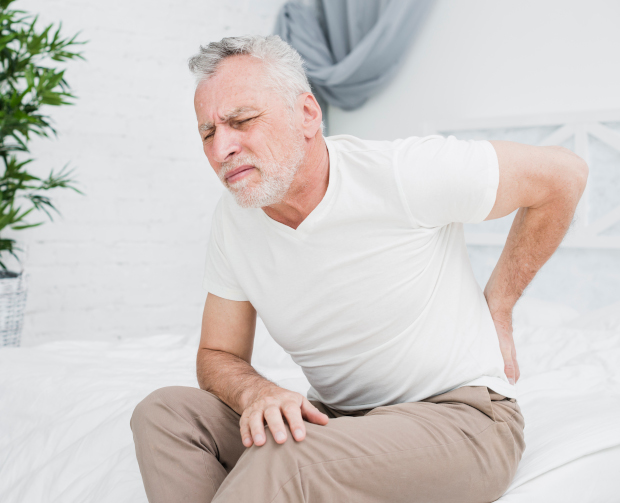
With acute urinary retention, the patient is concerned about the following symptoms:
- Pain in the lumbar region
- Increased sweating
- Pain in the lower abdomen, a feeling of distension
- Chills
- Nausea, vomiting
- Strong urge to urinate
- No urine output
- Body temperature over 38 degrees
- Tachycardia
- Arterial hypertension

Sometimes the stream of urine is suddenly interrupted. The patient is bothered by the feeling of incomplete emptying of the bladder.
Chronic urinary retention in men and women is accompanied by the following symptoms:
- Frequent nighttime urge to go to the toilet
- Decrease in the volume of urine excreted
- Pain in the pubic area, a feeling of heaviness
- Weak or intermittent urine stream
- Spontaneous leakage of urine
In most cases, ischuria develops as a secondary disease, so the patient may complain of other symptoms of urological disorders that led to urinary retention. A thorough examination is required to determine the cause of the pathological condition.
Treatment of ischuria
First aid for acute urinary retention
Emergency care for acute ischemia begins with ensuring the outflow of urine. To do this, doctors use the following methods:
- Catheterization is a gentle procedure during which the doctor inserts a thin catheter through the urethra into the bladder and attaches a urine bag to remove stagnant fluid.
- Suprapubic cystostomy - the intervention is performed under local anesthesia. It involves puncturing the abdominal wall and bladder with a trocar for drainage, bypassing the urinary tract.
Catheterization is prohibited in acute orchitis, urethritis and prostatitis. Also, a catheter is not inserted in case of mechanical damage to the bladder and urethra, an abscess in the prostate gland. In such cases, the patient is shown cystostomy.
No urine in an elderly person: what to do
Before starting treatment of an elderly patient, the doctor determines why there is no urge to urinate. In case of infectious diseases of the urinary tract, antibiotics, anti-inflammatory drugs and uroseptics are prescribed. Antispasmodics are used to relieve pain and reduce the number of urges to go to the toilet.
If the patient has diabetes, insulin therapy is performed. In case of urinary retention during menopause, estrogen replacement therapy is prescribed. In case of overactive bladder, M-anticholinergics are indicated.
If urinary retention is caused by neuroses, the elderly patient is prescribed antispasmodics and sedatives.
Ischuria in the elderly often develops against the background of multiple sclerosis. Therefore, it is important to adjust the immune system, take corticosteroid hormones during an exacerbation of the disease, and in more severe cases, use plasmapheresis to remove antibodies from the blood.
Drug treatment of ischuria
In case of an inflammatory process in the body, the patient is prescribed antibacterial and anti-inflammatory drugs. If a man has no urine due to benign prostatic hyperplasia, he is prescribed alpha-blockers or 5-alpha-reductase inhibitors. In the presence of tumors, strictures and severe lesions of the prostate, surgery cannot be avoided.
If ischuria is caused by a neurogenic and stressful nature, injections of M-anticholinergics are used to restore the outflow of urine. The patient is also recommended to take sedatives. If urine retention occurs due to taking medications, the doctor cancels them and adjusts the treatment regimen.
Surgical treatment of urinary retention
In case of urolithiasis, the patient is prescribed crushing and extraction of the stone. If urinary retention is caused by prostate cancer, doctors perform radical prostatectomy, external beam radiation therapy or brachytherapy to remove the tumor.
Catheterization or cystostomy is used to immediately remove urine from the bladder. Depending on the clinical manifestations and causes of urinary retention, a catheter can be installed temporarily or permanently. The second option is necessary in severe cases when it is impossible to restore the natural process of urination.
Complications after surgery are extremely rare. These include bleeding, damage to the wall of the bladder or intestine.
During rehabilitation, it is necessary to regularly treat the postoperative wound and monitor the outflow of urine into the urine bag. Pain syndrome can persist for 2-3 days. Painkillers are indicated to eliminate it.
Prevention of ischuria
To prevent ischuria, doctors recommend following a number of rules:
- Treat urinary system diseases promptly.
- Avoid hypothermia.
- Visit the toilet more often to avoid overflowing the bladder.
- Women should have an annual preventive examination with a gynecologist, and men should see a urologist. Medical supervision is especially important for chronic prostatitis, urolithiasis, and uterine prolapse.
- Drink water in small portions, but in sufficient quantities (1.5-2 liters per day).
- Reduce the consumption of hot spices, seasonings, and salt, as they cause urinary retention in the body.
- Give up alcoholic beverages. Even in a healthy person, alcohol can provoke transient urinary incontinence.
To prevent diseases of the genitourinary system, it is important to eat a balanced diet. The diet should include fruits and vegetables, foods rich in fiber. You should avoid eating fatty foods and smoked foods.
Advantages of treatment of ischuria in the medical center "K+31"
Medical center "K+31" provides a full range of services for the diagnosis and treatment of urinary retention in patients of all ages. In their work, experienced urologists are guided by modern medical protocols, all diagnostic and therapeutic manipulations are performed on high-precision equipment.
Why choose the clinic "K+31":
- Comprehensive diagnostics in our own laboratory
- Professionalism and coordinated work of all staff
- Convenient work schedule, patient reception without queues
- Complete confidentiality and safety of personal data.
You can make an appointment with a doctor and take tests through the feedback form. Additional contacts are listed on the clinic's website. The administrator will tell you more about the nuances of the examination, answer all questions and tell you which services are subject to promotions.
Ischuria is not a death sentence. With timely access to a doctor and a competent approach to treatment, the likelihood of a full recovery increases significantly.


This award is given to clinics with the highest ratings according to user ratings, a large number of requests from this site, and in the absence of critical violations.

This award is given to clinics with the highest ratings according to user ratings. It means that the place is known, loved, and definitely worth visiting.

The ProDoctors portal collected 500 thousand reviews, compiled a rating of doctors based on them and awarded the best. We are proud that our doctors are among those awarded.
Make an appointment at a convenient time on the nearest date
Price
Other services
Diagnosis of pathologies
LOD therapy Physiotherapy treatment Urologist Electromagnetic stimulation of the pelvic floor muscles Second opinion of a urologistUltrasound of the kidneys and adrenal glands
Ultrasound of the bladder, ureters and urinary tract
Ultrasound of the penis and testicles
Ultrasound of the scrotum
Prostate ultrasound (transabdominal and transrectal)
CT scan of the prostate (prostate)
X-ray in urology in Moscow Ultrasound in urology CT in urology in Moscow MRI in urology in Moscow Uroflowmetry Ureteroscopy Bladder cystoscopy Complex urodynamics Operations for urolithiasis Operations on the prostate gland Andrological operations Robot-assisted operations in urology in Moscow Reconstructive plastic surgery Diagnostic operations and manipulations in urology in Moscow Endoscopic transurethral surgery Erectile disfunction Peyronie's disease - causes of the disease, symptoms, stages of development, diagnosis and treatment in Moscow Urinary disorders in women and men; diagnostics and treatment in Moscow Inflammatory diseases of the urinary system Urolithiasis, nephrolithiasis Bladder diverticulum, bladder neck sclerosis Polyps of the bladder and urethra Ureteral strictures Paraurethral cyst; diagnostics and treatment in Moscow Fistulas of the genitourinary system Varicocele, hydrocele (hydrocele) Testicular cysts, epididymis, spermatic cord Phimosis (narrowing of the foreskin) Paraphimosis Short bridle Curvature of the penis Premature ejaculation Male infertility; diagnostics and treatment in Moscow Diagnosis and treatment of prostate adenoma in Moscow Prostate cancer: diagnosis and treatment in Moscow Kidney tumors: diagnosis and treatment in Moscow Tumors of the ureter Diagnosis and treatment of bladder tumors in Moscow Admixture of blood in the urine Ureterocele Kidney cyst Nephroptosis Renal colic Urethral stones Kidney stones Prostatitis Cystitis Pyelonephritis Urethritis Epididymitis Orchitis Balanoposthitis Overactive bladderThyroid diseases






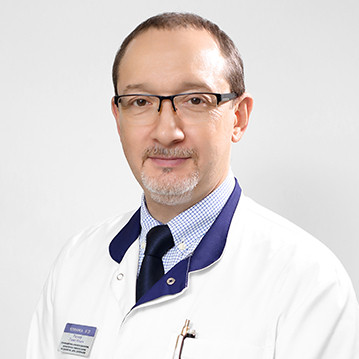
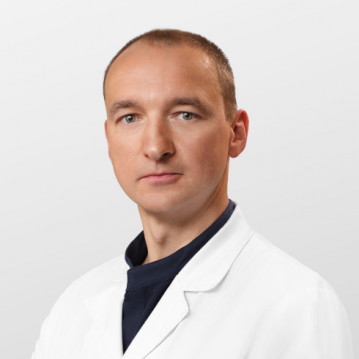
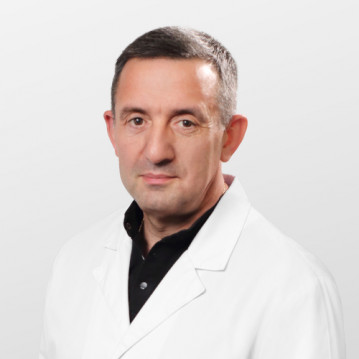
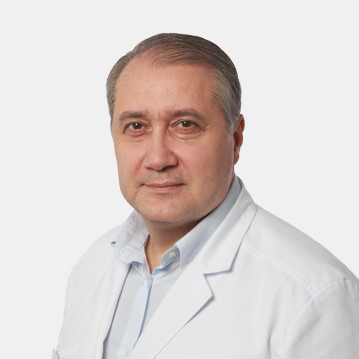
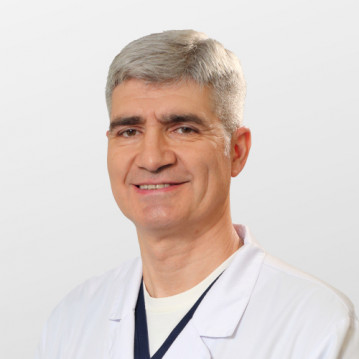
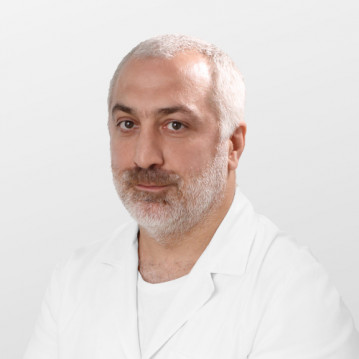

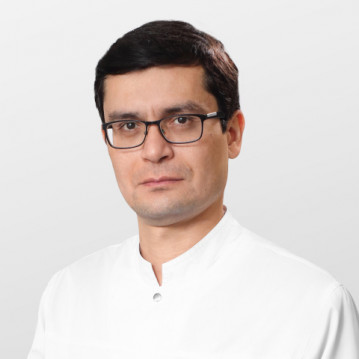
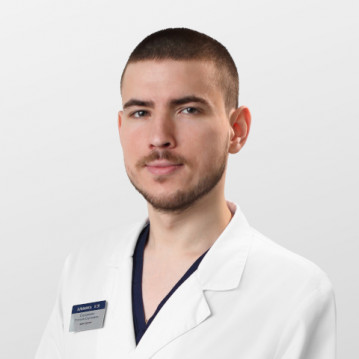

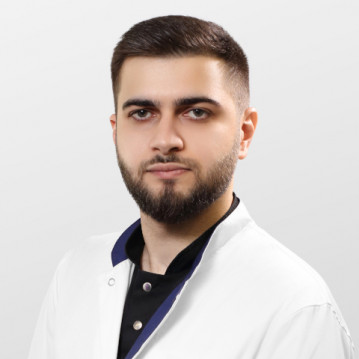
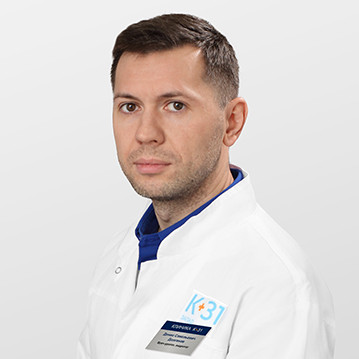
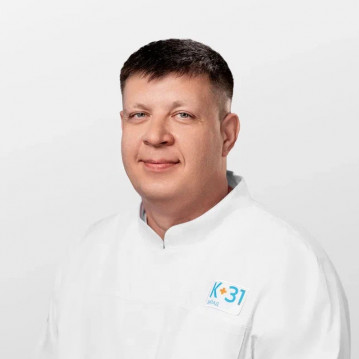





Types of ischuria
Taking into account the peculiarities of the course of ischuria, there are two types:
Long-term acute urinary retention (ICD-10 - R33) provokes the proliferation of bacteria and their spread to other genitourinary organs. Pathogenic microorganisms can cause cystitis, orchitis, pyelonephritis. Also, the danger of ischuria is the rupture of a full bladder and the development of peritonitis. Acute urinary retention requires emergency medical care, since dangerous complications can occur.
Chronic urinary retention provokes prolonged stagnation of urine and increased pressure in the bladder. Against the background of this process, vesicoureteral reflux is formed, in which urine flows from the bladder back into the ureter. The pathological process disrupts the physiological dynamics of the upper urinary tract, which provokes hydronephrosis.
Stagnate urine has an optimal temperature for the reproduction of bacteria and is a valuable nutrient medium for them. Secondary cystitis is detected in 95% of patients with chronic ischuria.
Concentrated secondary urine contains a large amount of calcium salts, which, in combination with protein, bacteria and leukocytes, cause urolithiasis. In addition, the chronic form of ischuria threatens kidney inflammation and the development of renal failure.